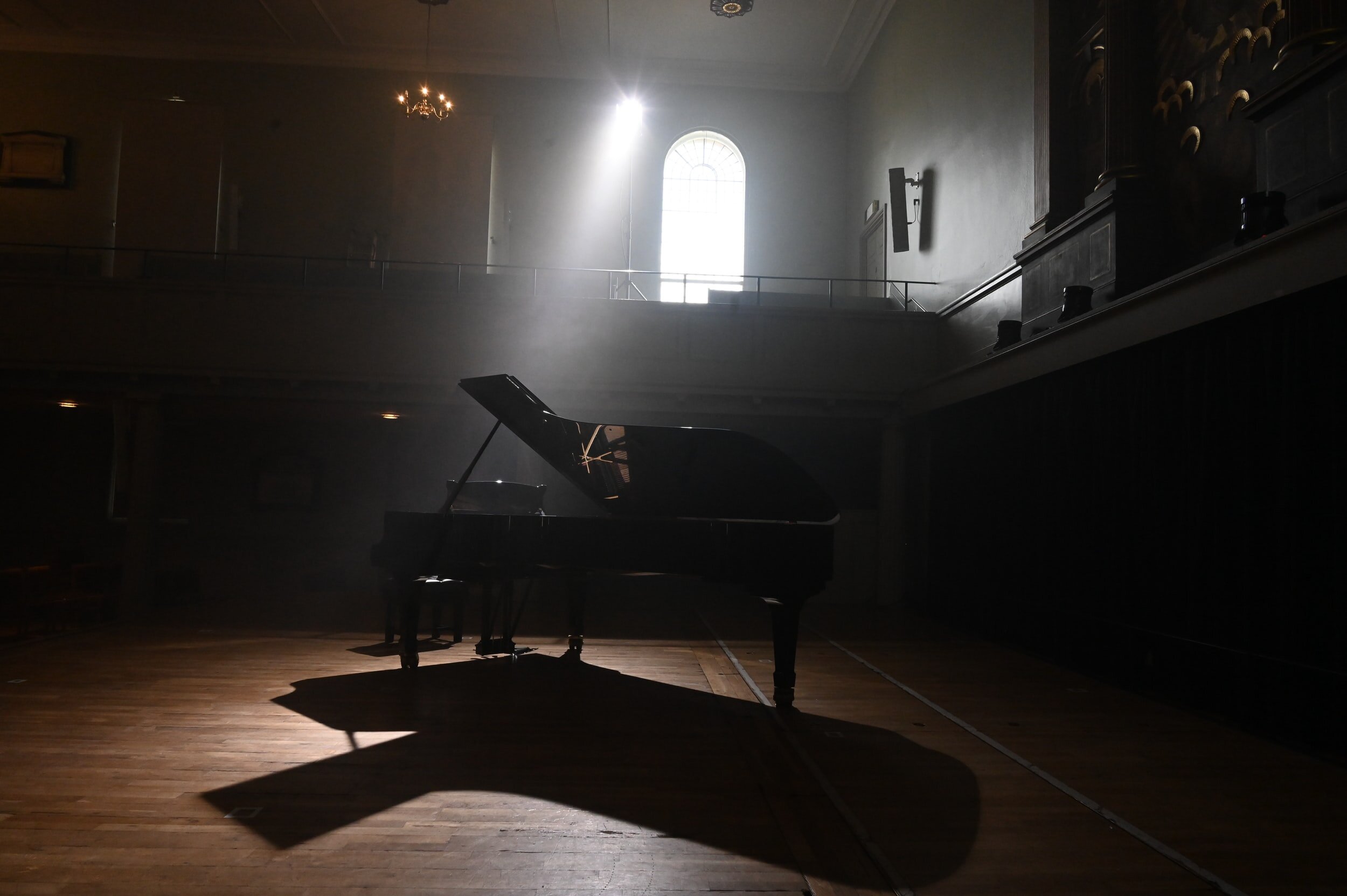
“The study of music shapes not just skill, but the soul—it teaches focus, persistence, and wonder.”
MY TEACHING PHILOSOPHY
Music as a Calling | Piano Lessons in O.C., CA
I believe music is not only a source of personal joy and expression but also a divine calling. As a piano teacher in Orange County, I guide students to bring life to the notes God has placed in their hands, preserve and share the beauty of music, and use its transformative power to bless others.
If we embrace this calling, we approach music with reverence and commitment. In my piano lessons, students develop a well-rounded musical foundation: technique, posture, fingering, phrasing, music theory, listening skills, performance study, and effective practice habits. These aren’t just technical skills—they are the building blocks through which students flourish as musicians and artists.
Gentle Yet Firm: The Teacher’s Role
True influence comes not through force but through encouragement, empathy, and critical thinking. Understanding where a student has been, where they are now, and where they aspire to go is essential. In one-on-one piano instruction, trust and connection are the foundation for growth.
I know the challenges of being a musician, especially a Christian musician. Having faced competitiveness and self-doubt in my student years, I now guide my students spiritually, emotionally, and artistically through their own musical journey.
Music as Service: Sharing Your Gifts
As a founding member and concert program coordinator of the Confido Music Society—a nonprofit that organizes benefit concerts for children with disabilities, foster children, and refugees—I teach students to use music to serve others. In my lessons, students perform not only for growth but also as a way to give back, making music meaningful and purposeful.
Building Discipline and Character Through Music
My goal is to nurture discipline, maturity, and purpose through music education. Each student’s God-given gifts are a means to glorify Him through excellence, beauty, and heart. While competitions and auditions are valuable, they are tools to serve a higher calling—using music to bless others.
My Teaching Style
Since becoming a Christian as a college student at age 20, faith and music have become inseparably linked in my life. Music is a divine gift through which I’ve discovered my life’s purpose, and I am deeply grateful to God for it.
We sense God’s presence profoundly in music. It is no coincidence that we worship Him through song—music moves both performer and listener into a posture of reverence and reflection through its emotional and intellectual depth.
As a teacher, my goal is to equip students with the tools they need to praise God as beautifully and faithfully as they can. Because each student is uniquely created—with different strengths, weaknesses, motivations, and learning styles—I tailor my instruction accordingly. I take the time to understand their goals, assess their abilities, and guide their musical journey with intentionality and care.
I firmly believe in fostering independent, thoughtful musicians who are capable of asking “why,” choosing “what,” and executing “how.” Through this process, students not only grow as pianists but also develop as thoughtful, mature individuals—ready to use their gifts in service of something greater than themselves.
Consistent Practice
Piano playing is both physical and mental.
It is essential that we train consistently, the same way that athletes train. Piano practice does not allow for procrastination - it requires steady, bit-by-bit progress.
Critical Thinking
Music is highly subjective, and it is important for today's generation to be able to articulate their ideas clearly, coherently, and with confidence.
Great performances do not just come from great technique. The study of music is most rewarding and most interesting when students understand not just "what" to do but "why." Understanding the theory behind the work, having knowledge of the context and history of the music, reading great books, and more are all equally important in becoming a well-rounded, mature, and healthy musician and person.
Efficient Practice
Inefficient practice habits formed as young students often stick with them into adulthood.
Being able to practice mindfully is a skill that needs to be taught, trained, and cultivated. I have very specific views about practice, and a key part of my training is to guide students to be more productive and purposeful in their own practice and ultimately become their own teachers.
Check-Ins and Goals Setting
It is crucial for the teacher to be aware of her students’ mental state and to encourage and help the student to cultivate a purposeful and intentional work ethic.
I’ve seen many unhappy talented young pianists become depressed or burnt out and not use their full potential. This is why I offer a once-a-month consultation with every student regardless of their level and age, so that we can discuss and set up practical goals and evaluate their work and progress.


